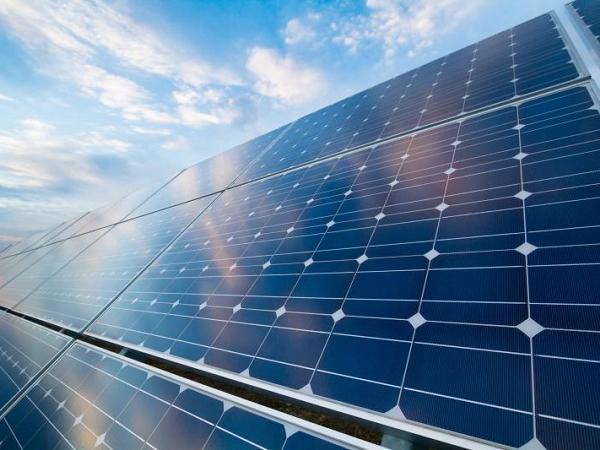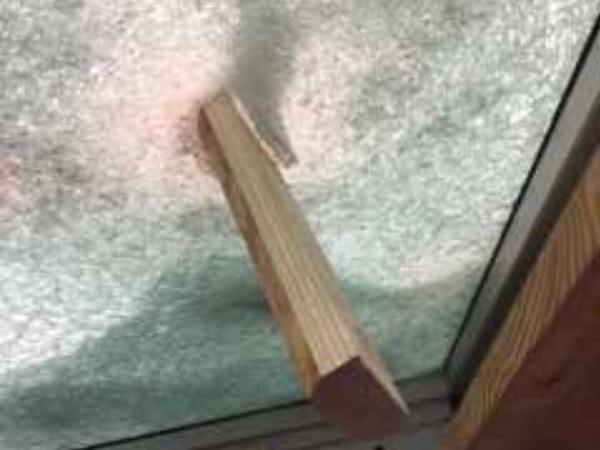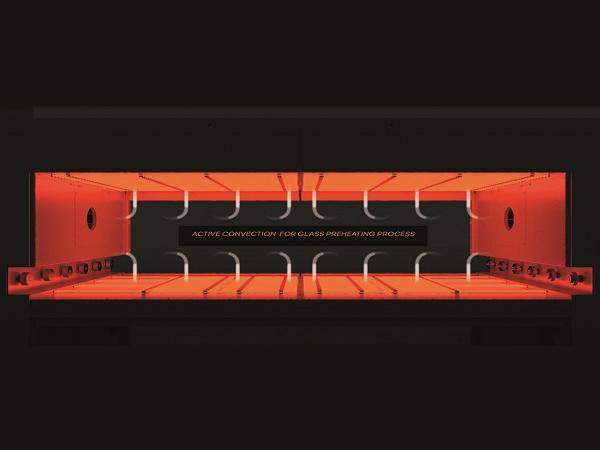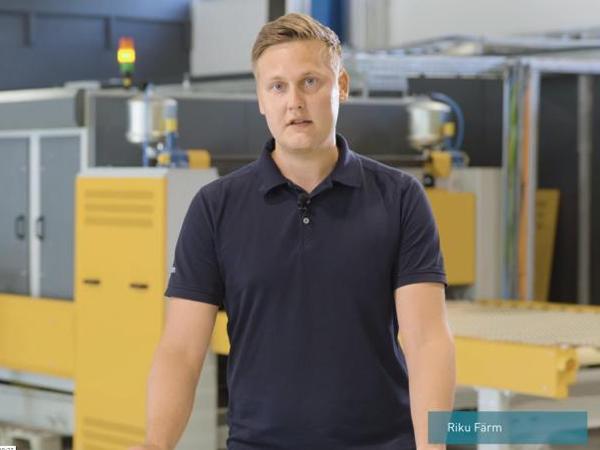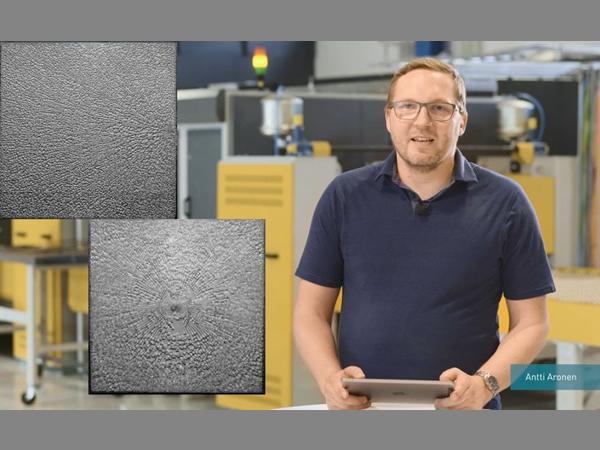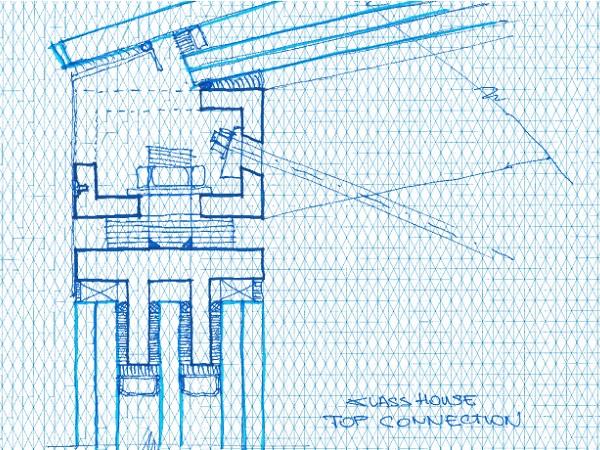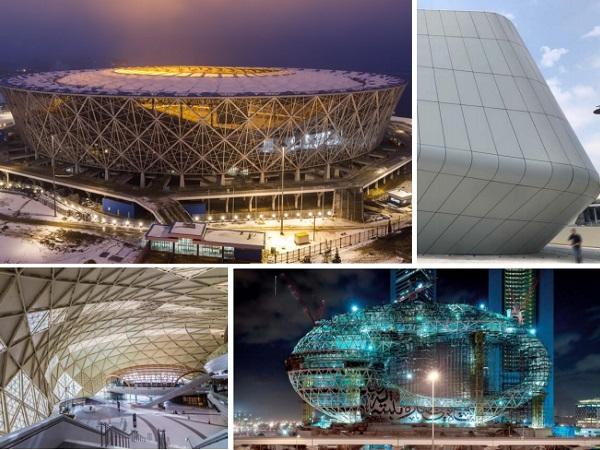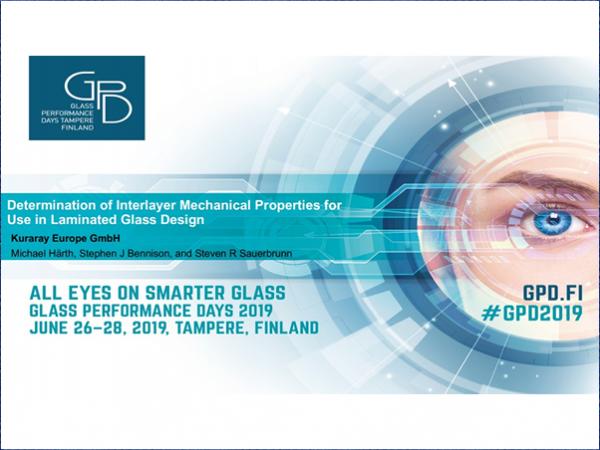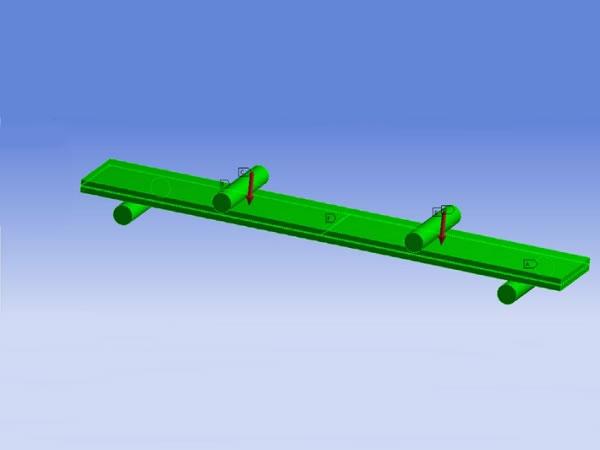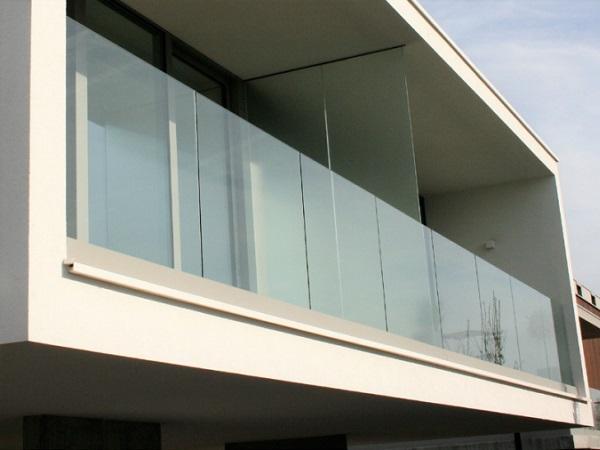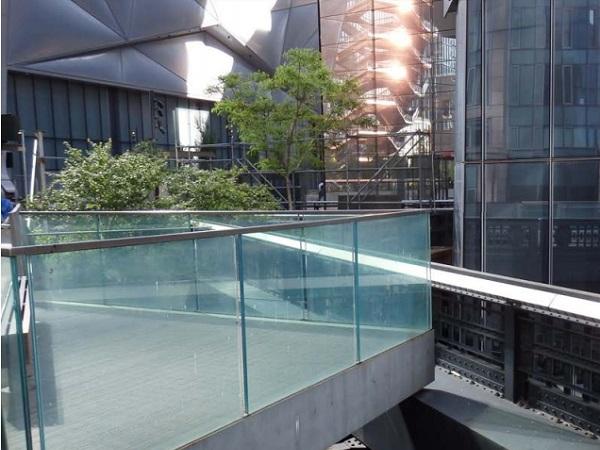Others also read
| An Initial Study Towards Optimized Structural Assessment of Glass Components
| The latest Glastory post is dealing with the trends in automotive display glass processing.
| In this blog post, we look at trends in the sunroof and windshield business today and how glass processors can prepare for them.
| A clean, safe and sustainable source of energy, solar continues to power the world at a faster pace than ever before.
| Building code requirements for wind-borne debris protection have been in existence since the mid- 1990s, and as a result, many glazing systems have been tested and certified to these performance requirements.
| For nearly 50 years, glass has been used as structural elements in glass fin applications. These applications include interior and exterior projects, supporting facades, canopies, storefronts, curtain walls and skylights.
| Anisotropy is the term used in the façade industry to describe the manifestation of patterns and colourful areas in heat-treated glass under certain light and viewing conditions.
| Latest Glastory blog by Jukka Immonen is dealing with the 5 promises of convection technology in windshield bending.
| Data-based business models are also becoming increasingly relevant to the glass industry.
| Some practical tips on how you can well maintain your laminating line and extend its longevity.
| Glaston is working hard to make tempering furnaces more automated.
| That’s an excellent question! It really is true that SentryGlass is more difficult to laminate in many aspects than standard PVB. But if we first think of what SentryGlass has been designed for, it is to give structural strength to the laminate.
| It is a very known behavior that the glass fragmentation depends on where you break the glass.
| In this paper we will look at the potential of what is now a commonly used component in facade design - a load-bearing glass wall panel.
| The “One Single Model” approach rises as the best tool to manage complex buildings through the different engineering branches.
| We have seen rapid expansion in the last decade of laminated glass design using modern analytical and computational methods.
| Time-temperature superposition principle is widely used to generate interlayer modulus properties in the form of mastercurves for use in glass design.
| Historically, monolithic tempered glass has been primarily used in North America, but with the recent changes to the International Building Code (IBC 2015), laminates with heat strengthened or tempered glass are now required.
| This paper presents an evaluation of the use of annealed laminated glass incorporating the stiffer PVB interlayers.
| Cantilevered laminated glass balustrades supported by bearing in continuous base shoes are among the most ordinary applications of structural glass.
| This case study describes the façade performance of the 2nd tallest building in China, the Ping An International Finance Center (Ping An IFC), located in the city of Shenzhen.
| In this paper the mechanical and application properties of Sikaflex®-268, a high performance polyurethane adhesive are presented and compared to Sikasil® SG-500, a typical silicone adhesive used for structural glazing applications in facades.
| Decorative glass is limitless in design, colors, patterns, textures, and offers aesthetic brilliance in countless interior applications.
| The Surface Compression Stress (SC) data, collected by Stazione Sperimentale del Vetro, were analysed to compare the measurements carried out by Scalp-05 (Scattered Light Polariscope) and Laser Gasp (Strainoptics’ GASP® Polarimeter).
| This presentation offers a new perspective on limit device design and specifications especially due to construction phase and post-occupancy habits in urban environments.




